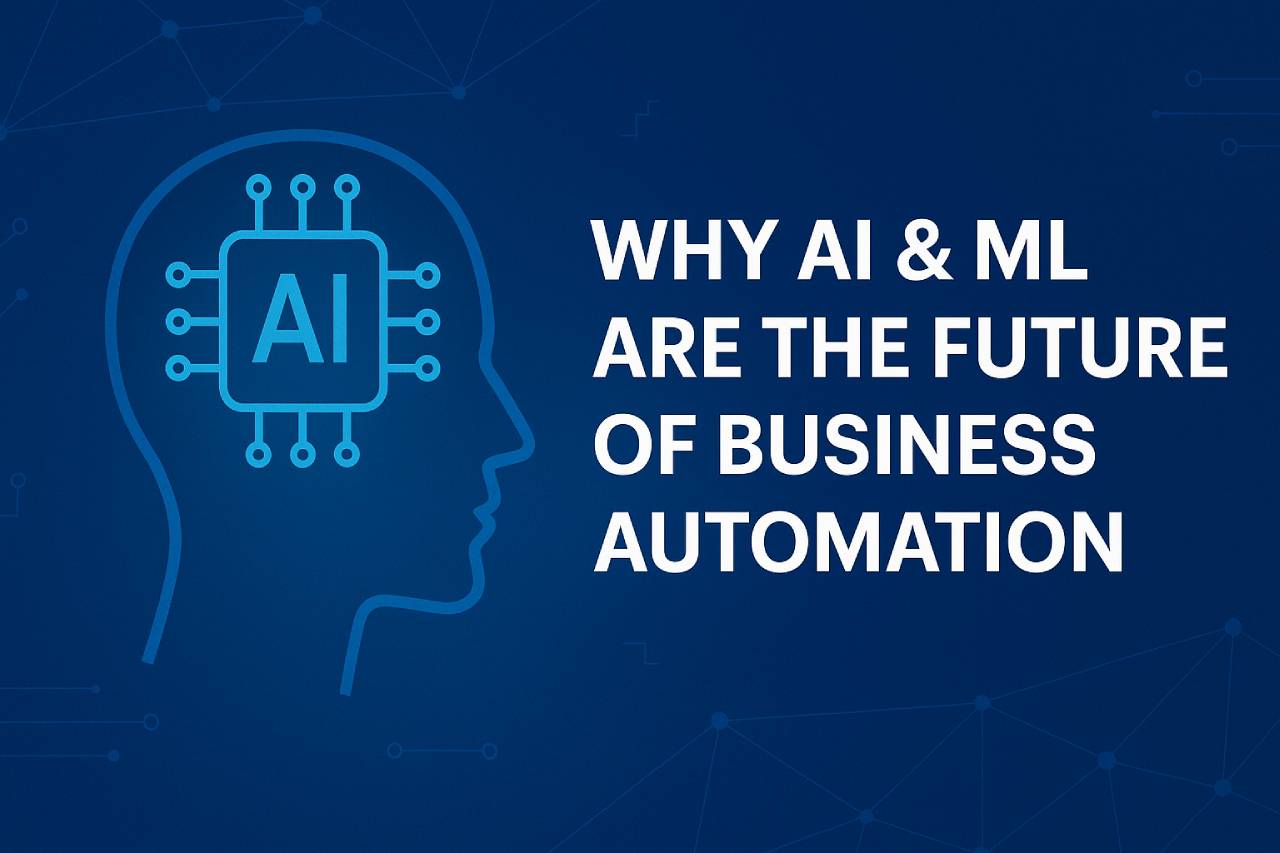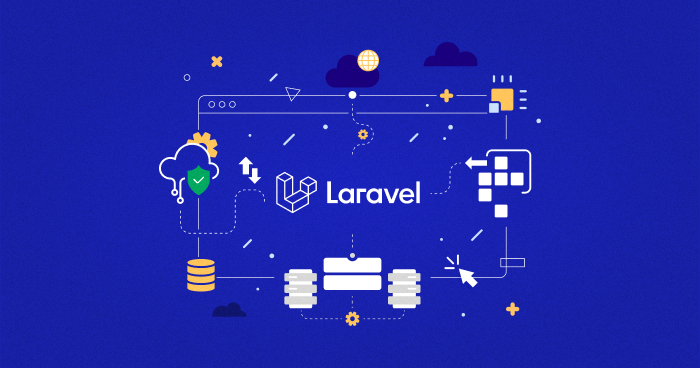The world of business is undergoing a seismic shift. Companies are no longer asking if they should automate — they’re asking how far they can go. Artificial Intelligence (AI) and Machine Learning (ML) have emerged as the driving forces behind next-gen automation, pushing businesses toward smarter, faster, and more responsive operations.
Unlike traditional automation tools that follow fixed rules, AI and ML systems continuously learn from data, identify patterns, and make intelligent decisions. They bring adaptive capabilities that redefine what automation can achieve, making them essential for any business aiming to thrive in the digital era.
Whether you run a startup or a large enterprise, adopting AI and ML is no longer just an option — it’s a strategic move. And with guidance from your trusted AI/ML development agency, you can successfully deploy these technologies to streamline workflows, cut costs, and boost customer satisfaction.
Moving Beyond Traditional Automation
Historically, automation focused on repetitive tasks: moving files, sending emails, or managing databases. These rule-based systems offered efficiency but lacked the intelligence to handle variation or learn from past actions.
AI and ML elevate automation by introducing smart decision-making. Instead of following static instructions, they evolve with time, becoming more accurate and efficient. Businesses can now automate not only low-level tasks but also complex processes that require prediction, personalization, or contextual understanding.
For example, a support system powered by AI can resolve common issues instantly while routing more complex cases to human agents — learning from every interaction to improve future responses.
Real-World Impact Across Industries
AI and ML are transforming how industries operate. They’re no longer confined to tech giants — small and medium-sized enterprises are also leveraging their power.
In retail, intelligent recommendation engines personalize user experiences, driving higher engagement. In logistics, ML models predict delivery delays and optimise routes to reduce costs. The finance sector uses predictive analytics for risk management, while the legal industry benefits from AI-driven contract review tools.
Perhaps one of the most impactful transformations is AI in healthcare, where AI systems assist in disease detection, treatment planning, and patient monitoring. From analyzing medical images to predicting outbreaks, these innovations save time, reduce errors, and ultimately save lives.
How Businesses Benefit from Intelligent Automation
1. Improved Accuracy and Speed
AI eliminates human error and works at unmatched speeds. For tasks like data entry or fraud detection, it enhances reliability while dramatically reducing turnaround time.
2. Better Customer Experiences
AI enables real-time personalization, fast support, and proactive engagement. ML models track user behaviour and suggest personalized content, leading to improved loyalty and conversions.
3. Cost Reduction
Through efficient use of resources, minimised downtime, and fewer human errors, companies see significant cost savings. Predictive maintenance, for instance, avoids expensive breakdowns in manufacturing equipment.
4. Smarter Decision-Making
Data-driven insights become more powerful with AI. Businesses can quickly process massive volumes of data to detect trends, forecast outcomes, and take action.
5. Scalability and Agility
Once AI and ML models are in place, they scale easily. Whether you’re adding users, launching products, or expanding to new markets, intelligent automation supports fast growth.
Key Areas Where AI and ML Automate Business Processes
- Marketing: AI optimises ad spend, suggests content, and schedules campaigns at the best times based on customer behaviour.
- Sales: Intelligent lead scoring and automated follow-ups help sales teams close deals faster.
- HR: From resume screening to employee engagement tracking, AI simplifies hiring and management processes.
- IT Support: Automated systems resolve tickets faster, track issues, and even detect anomalies before users report them.
These technologies don’t just streamline operations — they enhance strategy.
A Look at the Driving Technologies
Many companies wonder what powers this transformation behind the scenes. At the heart of these innovations are some of the top AI algorithms used in everyday business systems. These include decision trees for classification, neural networks for deep learning, and clustering techniques for customer segmentation.
Each algorithm serves a specific purpose — from predicting customer churn to analyzing social media sentiment. By integrating the right algorithms into their systems, businesses unlock a higher level of performance.
Why AI and ML Are Future-Proof Technologies
Unlike conventional tools that become outdated quickly, AI and ML systems continue to learn and improve. Their ability to adapt in real-time gives them long-term value. Businesses that invest in these technologies today can gain a lasting advantage over those that delay adoption.
Moreover, AI and ML contribute to sustainable business models. They enable smarter energy use, optimize logistics to cut emissions, and improve product life cycles. These long-term efficiencies align with global trends and customer expectations.
Challenges to Keep in Mind
Despite the vast potential, AI implementation comes with its challenges. Data quality, privacy, and ethical use must be addressed thoughtfully. Bias in training data can lead to unfair outcomes, while poor integration can lead to inefficiencies instead of improvements.
That’s why working with your trusted AI/ML development agency can make all the difference. From choosing the right tools to training your team, a reliable partner ensures successful adoption and ongoing support.
Preparing Your Business for the AI-Driven Future
If you’re considering AI or ML integration, start with a clear business goal. What task are you trying to optimize? Which processes consume the most time or resources?
Then, evaluate your data. AI systems thrive on quality data — clean, well-labelled, and up-to-date information ensures better results.
Finally, consult with experts. Your development agency can guide you through use case identification, model selection, testing, deployment, and iteration. They’ll ensure that your system aligns with industry best practices and leverages the latest technologies efficiently.
Final Thoughts
AI and ML are shaping the next phase of business evolution. They don’t just improve existing processes — they unlock new possibilities, from predictive analytics to hyper-personalised experiences. Their impact is visible across industries and functions, and the momentum will only grow from here.
By staying in tune with the top AI trends such as generative AI, explainable AI, and edge computing, businesses gain a competitive advantage and can respond more swiftly to changing market demands.
Organisations across industries are already leveraging the top AI algorithms to power smarter decisions, from customer segmentation to predictive maintenance, fraud detection, and natural language processing.
One area where the impact is especially profound is AI in healthcare, where machine learning models assist in diagnostics, improve treatment outcomes, and help streamline patient care through real-time data analysis.





